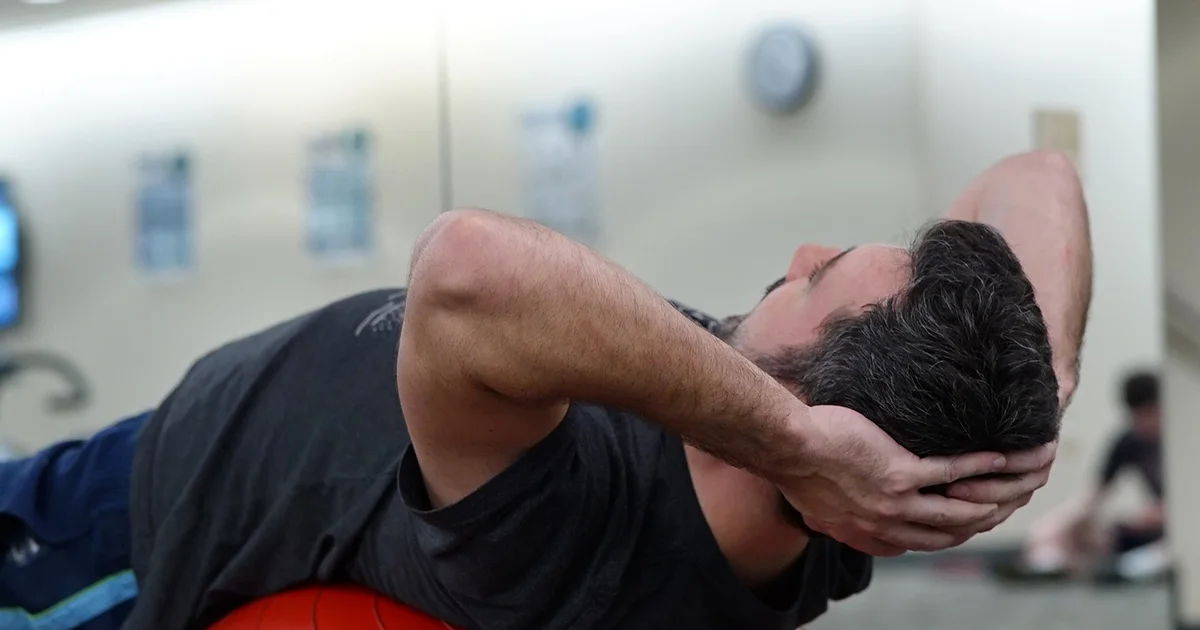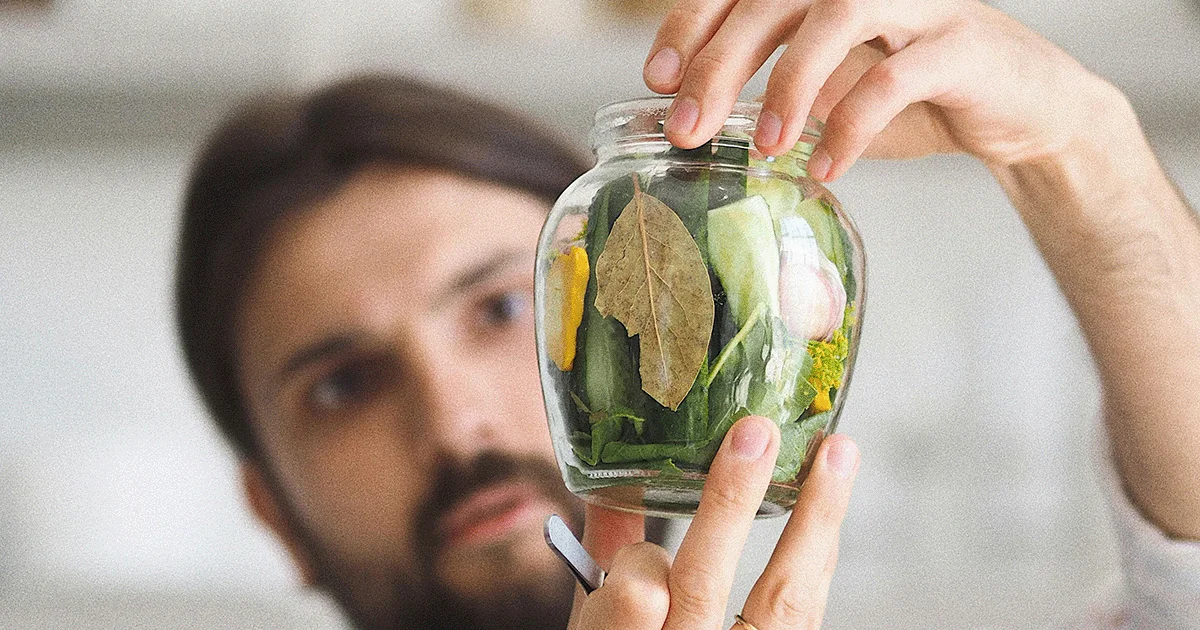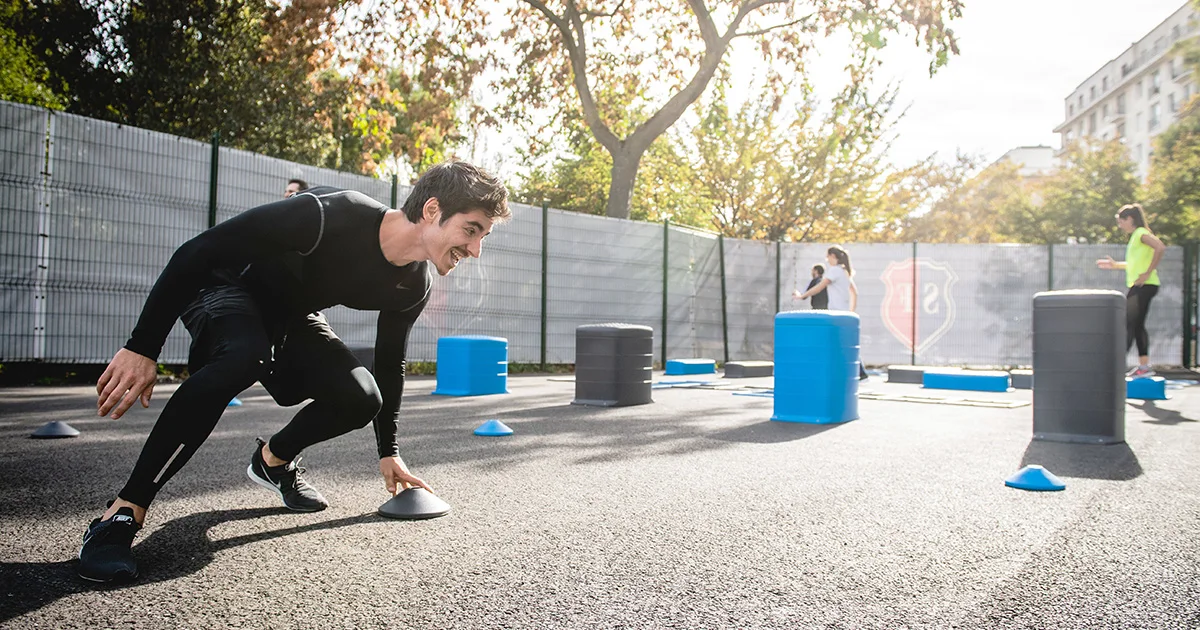Here's what we'll cover
Here's what we'll cover
Rhodiola rosea has been used in traditional medicine in Asia and Europe for centuries. Healers in Mongolia believed Rhodiola could treat serious conditions such as cancer and tuberculosis, while those in Russia believed it could increase fertility. The Vikings even used it to improve sexual prowess (Ishaque, 2012). So what exactly can Rhodiola do for you?
What is Rhodiola rosea?
Rhodiola rosea (aka golden root, roseroot, rosenroot, or arctic root) is a flowering plant that grows in high-altitude areas of Europe, North America, and Asia. It contains chemicals like salidroside, rosavin, rosin, and rosarin, which are at the root of its purported benefits.
Rhodiola benefits
Some people believe that Rhodiola may help with depression, anxiety, mental and physical fatigue, and overall well-being. There’s no denying the appeal of these purported benefits. Researchers, however, aren’t sure just how accurate the claims are.
While some studies support the positive effects of Rhodiola on mental health and physical wellness, a review of 11 clinical trials found that most studies on Rhodiola have significant flaws, and more research is needed on the topic (Ishaque, 2012).
But while research is needed to verify what, if any, benefits these substances have to offer, here’s what we do know about the effects of Rhodiola rosea.
May help treat depression and anxiety
A small study pitted Rhodiola against sertraline (brand name Zoloft), a prescription drug commonly used to treat depression, and compared their effects over a 12-week period. Powdered R. rosea extract was not as effective as Zoloft in alleviating the symptoms of depression, but it caused fewer side effects than the prescription drug (Mao, 2015).
A review of five studies found more evidence that Rhodiola supplementation may help alleviate mild to moderate depression and anxiety. Participants across the various studies seemed to have tolerated the supplement well. However, the data was limited (Konstantinos, 2020).
An extremely small study took Rhodiola and saw significant improvements in test scores gauging the severity of their anxiety symptoms, but there were only ten participants, and the researchers did not compare Rhodiola to placebo or other anxiety medications (Bystritsky, 2008). So, more research is necessary before any of these claims can be considered solid science.
May help improve mental fatigue
One small study found that individuals who took Rhodiola extract daily showed significant decreases in fatigue and burnout in comparison with placebo. Researchers also noted that participants experienced improved ability to concentrate (Olsson, 2009).
May help alleviate physical fatigue
Mental fatigue is one hurdle, but does Rhodiola help physical exhaustion? Researchers leading one study aimed to find out. They gave 100 people with a history of chronic fatigue symptoms Rhodiola rosea extract for eight weeks. They found fatigue and weakness decreased significantly by the eighth week, with the greatest change in the first week of treatment. The study didn’t have a placebo group, though, so further data is needed (Lekomtseva, 2017).
May help increase exercise performance
Rhodiola may help improve physical performance by supporting your endurance. In one small, placebo-controlled study, participants taking Rhodiola had a faster cycling pace and felt the physical exercise was easier than those not given the herb (Noreen, 2013).
What we don’t know about Rhodiola extract
While some studies claim to have evaluated the use of Rhodiola in cancer treatment, most have examined the effect on animals or under laboratory conditions only—never in humans. Performing a proper study in humans with cancer can be problematic for scientific and ethical reasons. So, while there’s currently no strong evidence for using Rhodiola as a treatment for cancer in humans, future research may reveal additional health benefits.
Is Rhodiola rosea an adaptogen?
Rhodiola rosea is considered to be an adaptogen, meaning it may help your body deal with mental and physical stressors. Traditional Ayurvedic and Chinese medicine consider adaptogens to be substances that fulfill a person’s particular needs, whatever they may be (Khanum, 2006).
Unfortunately, sound scientific methods have yet to verify this spectacular quality in any substance. But as the healthcare and wellness industry continues to expand, more interest is being directed towards determining what benefits—if any—these compounds can bring to the table (Smith, 2018).
And while adaptogens might not have any scientific evidence (yet), that hasn’t stopped researchers from working hard to see what benefits they may offer. Clinical trials have been established to evaluate many of these herbs’ purported abilities, including alleviating stress, improving focus, combating cancer, and beating nervous system decline.
Rhodiola rosea dosage
Rhodiola extract supplements come in various forms, from capsules to liquids. These extracts are made from dried and powdered parts of the plant, and standardized forms aim to mimic the natural ratio of two health-boosting compounds found in Rhodiola: salidroside and rosavin compounds (Li, 2017).
Although doses as low as 100 mg per day of Rhodiola rosea L. extract have been studied, some researchers say that low-dose supplementation may not be optimal for improving mental fatigue and physical fitness (Spasov, 2000). One review found that the clinical studies that observed a positive effect on physical performance used a dosage range between 200–680 mg per day. Those that reported successfully improving mental performance used dosages between 100–576mg per day (Ishaque, 2012).
Side effects of Rhodiola
Despite the high daily dosages used in some clinical trials, side effects seem to be rare. Out of 11 clinical trials that included a total of 446 participants, only two subjects taking the supplement reported any side effects at all; they each had headaches (Ishaque, 2012). Another study reported that some participants taking the supplement experienced dizziness and dry mouth (Bystritsky, 2008).
It’s a good idea to talk to your healthcare provider to see if adding supplements like Rhodiola to your routine is a good option. It’s important to remember that just because these products are available without a prescription, that does not mean that they are safe for everyone. Many can interact with other medications you may be taking. In addition, it’s important to choose reputable brands when purchasing, as FDA regulations are not as strict for supplements as they are with prescription or over-the-counter medications.
DISCLAIMER
If you have any medical questions or concerns, please talk to your healthcare provider. The articles on Health Guide are underpinned by peer-reviewed research and information drawn from medical societies and governmental agencies. However, they are not a substitute for professional medical advice, diagnosis, or treatment.
Bystritsky, A., Kerwin, L., & Feusner, J. D. (2008). A pilot study of Rhodiola rosea (Rhodax®) for generalized anxiety disorder (GAD). The Journal of Alternative and Complementary Medicine, 14 (2), 175-180. doi: 10.1089/acm.2007.7117. Retrieved from https://www.liebertpub.com/doi/10.1089/acm.2007.7117
Ishaque, S., Shamseer, L., Bukutu, C., & Vohra, S. (2012). Rhodiola rosea for physical and mental fatigue: A systematic review. BMC Complementary and Alternative Medicine, 12 (1). doi: 10.1186/1472-6882-12-70. Retrieved from https://pubmed.ncbi.nlm.nih.gov/22643043/
Khanum, F., Bawa, A. S., & Singh, B. (2005). Rhodiola rosea: A Versatile Adaptogen. Comprehensive Reviews in Food Science and Food Safety, 4 (3), 55-62. doi: 10.1111/j.1541-4337.2005.tb00073.x. Retrieved from https://onlinelibrary.wiley.com/doi/abs/10.1111/j.1541-4337.2005.tb00073.x
Konstantinos, F., & Heun, R. (2020). The effects of Rhodiola Rosea supplementation on depression, anxiety and mood – A Systematic Review. Global Psychiatry, 3 (1), 72-82. doi: 10.2478/gp-2019-0022. Retrieved from https://globalpsychiatry.co.uk/article_1318.html
Lekomtseva, Y., Zhukova, I., & Wacker, A. (2017) . Rhodiola rosea
in subjects with prolonged or chronic fatigue symptoms: results of an open-label clinical trial. Complementary Medicine Research, 24 (1), 46-52. doi: 10.1159/000457918. Retrieved from https://www.karger.com/Article/FullText/457918
Li, Y., Pham, V., Bui, M., Song, L., Wu, C., Walia, A., et al. (2017). Rhodiola rosea L.: An herb with anti-stress, anti-aging, and immunostimulating properties for cancer chemoprevention. Current Pharmacology Reports, 3 (6), 384-395. doi: 10.1007/s40495-017-0106-1. Retrieved from https://www.ncbi.nlm.nih.gov/pmc/articles/PMC6208354/
Mao, J. J., Xie, S. X., Zee, J., Soeller, I., Li, Q. S., Rockwell, K., & Amsterdam, J. D. (2015). Rhodiola rosea versus sertraline for major depressive disorder: A randomized placebo-controlled trial. Phytomedicine, 22 (3), 394-399. doi: 10.1016/j.phymed.2015.01.010. Retrieved from https://www.ncbi.nlm.nih.gov/pmc/articles/PMC4385215/
Noreen, E. E., Buckley, J. G., Lewis, S. L., Brandauer, J., & Stuempfle, K. J. (2013). The effects of an acute dose of Rhodiola rosea on endurance exercise performance. Journal of Strength and Conditioning Research, 27 (3), 839-847. doi: 10.1519/jsc.0b013e31825d9799. Retrieved from https://journals.lww.com/nsca-jscr/Fulltext/2013/03000/The_Effects_of_an_Acute_Dose_of_Rhodiola_rosea_on.37.aspx
Olsson, E., Schéele, B. V., & Panossian, A. (2008). A randomised, double-blind, placebo-controlled, parallel-group study of the standardised extract SHR-5 of the roots of Rhodiola roseain the treatment of subjects with stress-related fatigue. Planta Medica, 75 (02), 105-112. doi: 10.1055/s-0028-1088346. Retrieved from https://www.thieme-connect.com/products/ejournals/abstract/10.1055/s-0028-1088346
Smith, T., Kawa, K., Eckl, V., Morton, C., & Stredney, R. (2018). Herbal supplement sales in US increased 8.5% in 2017, topping $8 billion. The Journal of the American Botanical Council, 119 , 62-71. Retrieved from http://herbalgram.org/resources/herbalgram/issues/119/table-of-contents/hg119-herbmktrpt/
Spasov, A., Wikman, G., Mandrikov, V., Mironova, I., & Neumoin, V. (2000). A double-blind, placebo-controlled pilot study of the stimulating and adaptogenic effect of Rhodiola rosea SHR-5 extract on the fatigue of students caused by stress during an examination period with a repeated low-dose regimen. Phytomedicine, 7 (2), 85-89. doi: 10.1016/s0944-7113(00)80078-1. Retrieved from https://www.sciencedirect.com/science/article/abs/pii/S0944711300800781?via%3Dihub










